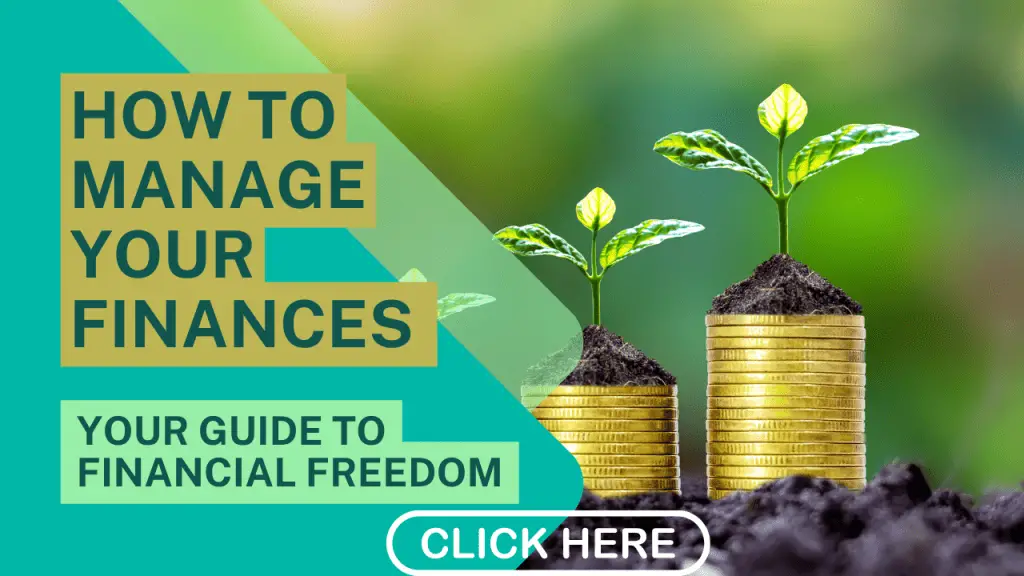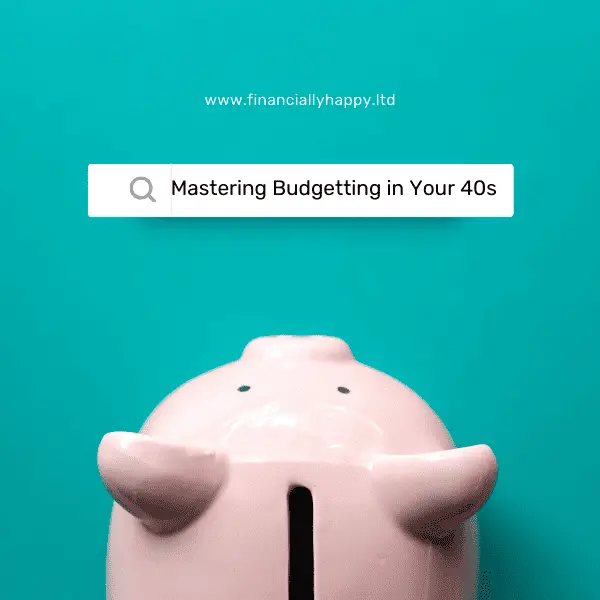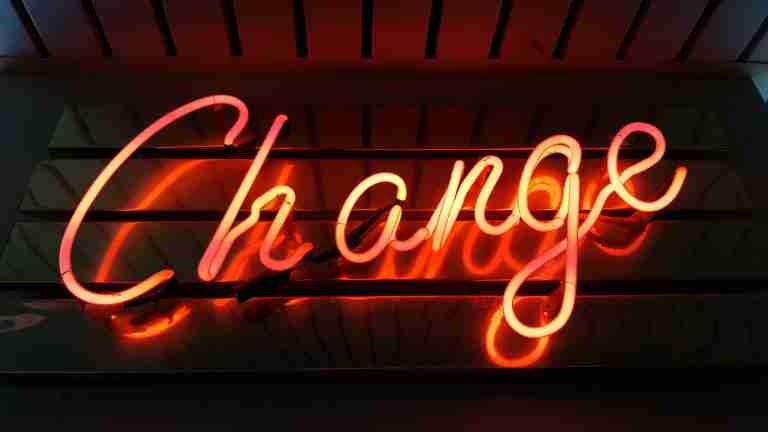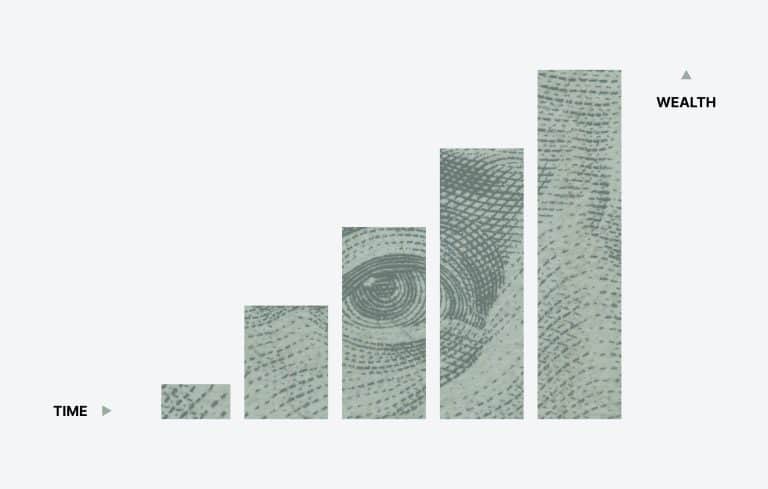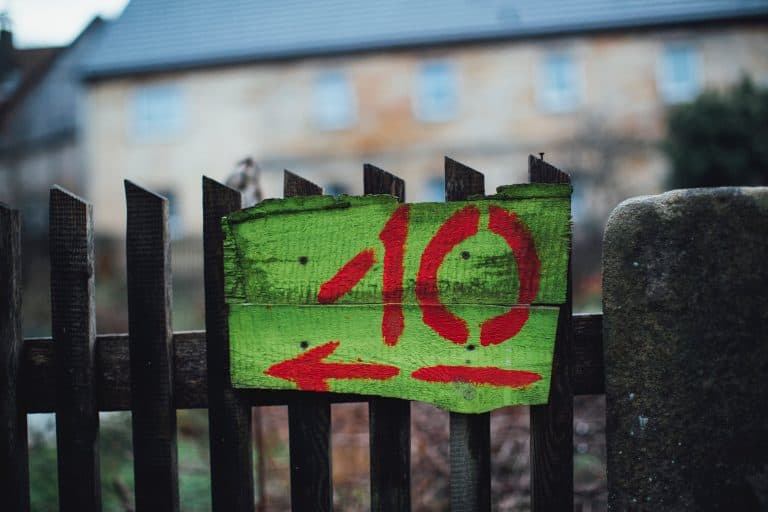8 costly financial mistakes aid workers make (Take these actions)
So, you’re an aid worker or want to be one.
At times, a noble profession, exciting, intellectually challenging, socially beneficial with plenty of travel, working with a wide variety of people in all sorts of settings.
But not always that financially stable for various reasons.
Now it’s generally clear you don’t go into aid work for the money – or at least money is not necessarily the driving factor, but you are expecting to get paid, right!?
And what you do with that money will play a big part in your life whether you’re motivated, interested or even care about money in the short or long term.
So here are 8 things that aid workers get wrong with their money and a few actions to put them right.
Be careful you may be triggered by some of these ideas, maybe even to take positive action on your finances.
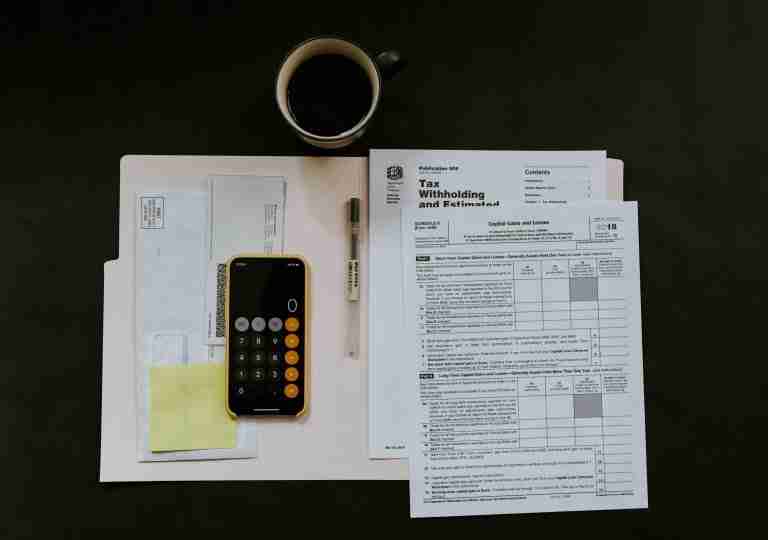
You don’t know YOUR numbers.
Sure, you might well know the burn rate of your latest grant and if any line items are plus or minus 10%.
You might even know that the proposed vehicle purchase will depreciate by x over the grant, and you need to pass this onto other projects or partners.
But you don’t know YOUR numbers.
Know what you are worth
You probably don’t know your net worth – i.e. everything you own minus everything you owe.
Money is not the only measure of someone’s worth, nor is it the most important, but it is a measure of how you are doing after all that work, i.e. what do you have to show for it?
Not knowing your net worth means that you don’t know if you are getting wealthier or poorer every year – how can you be getting poorer when you keep earning more money??????
This isn’t about being rich or greedy. It’s about creating a level of financial security and stability for yourself and your family that will help you see out the bumps in the road, i.e., gaps in deployments and global pandemics, amongst other things.
The opposite of this is becoming more and more reliant on the kindness of strangers to look after you. Essentially slowly but surely becoming more of a liability to yourself and those around you.
Action: Get a spreadsheet; in one column, put down everything you own; in the other, everything you owe. Minus the debts from the credits and see what it looks like. Are you worth more or less than when you started?
What’s your savings rate?
Do you know your savings rate – how much money at the end of the month do you have leftover?
If you have nothing left at the end of the month, it’s telling you, you can’t afford your current lifestyle, or you are at least living it to the max with little room for error.
If you think it’s because you are not getting paid enough, that might be true, or at least not paid enough for the lifestyle you currently have or want.
Like most people, you are probably trying to save what’s left at the end of the month. This is an almost guaranteed way to save as little as you can.
The “best” way to save is to save first and then spend what’s left, not the other way around.
The bigger your savings rate, the easier it will be to create more wealth in your life to do the things you would really like to do; go the places you would like to go and support the people and causes that are important in your life.
Action: Save first and spend what is left. Start small and keep increasing your savings rate till you start to feel it.
What does your life cost?
Do you know how much money you are burning through every day, week, month or year?
If you have no idea, it possibly means you have no idea where all your money is going.
Imagine saying in an interview, “I have managed complex budgets, but I have no idea where all the money goes. Yes, please could you manage our grant for us – I think not.
All those cash flow planning skills you use for grant management and requesting funds from donors are forgotten when managing your own money.
Understanding where your money is going or giving every £/$/€ a job to do is a vital part of getting to grips with your finances and building financial security.
Whether you want to call it a budget or a spending plan creating your spreadsheet or using one of the many apps out there will help you understand where it all goes and if you are happy with that.
Action: Set up a spreadsheet or get an app to track where all your money goes and see if you can do any better each month.

Know your freedom number
I know what you are thinking, but I want to be doing this forever! (yeah right)
At the moment, you don’t know how much money you need to make work optional – this is a term that seems less triggering than retirement, but one day you will also want to retire from something to something else.
Maybe not today, perhaps not tomorrow, but sooner than you think you will want work to be optional.
You might well continue to work, but it’s a lot nicer when you know you don’t need the money.
Here is a quick way to figure out what your financial freedom number might look like
Figure out what you spend a year and X by 25. So, let’s say you spend £35,000 a year.
£35,000 X 25 is £875,000. This is the amount you need in your freedom fund to make work optional.
Now BEFORE you mentally check out – this is not a figure you will save in raw cash. It’s a figure you will reach through saving, investing, and pensions (private and possibly state) over the long term.
Long-term saving and investing make a figure like £875,000 a lot easier to reach than you might think.
AND OR
You now know you need to have assets that create you the equivalent of £35,000 a year to maintain your current lifestyle.
Assets that could include
- Stocks and shares investments
- Rental properties
- Digital products – ebooks, courses, YouTube videos
- A business on the side that brings you in extra income as whatever scale you would like.
Action: figure out your freedom number and start a path towards it.
PS: cash is not an investment – read more below

You don’t understand YOUR risk
Yes, you have travelled to Yemen, Afghanistan and Aleppo, completed several HEAT courses and been involved in one or more serious incidents. However, you still don’t understand your financial risk.
The most significant risk you face (other than kidnap etc.) is the loss of your purchasing power.
Anyone who has lived or worked in a country going through a financial crisis will have seen the value of their money and what they can purchase go down rapidly.
This is what is happening (Ok to a lesser extent) to all of us through inflation. Each year no matter where you live, your purchasing power is going down as the money you have in your pocket is worthless.
Each year you can buy less with your money. When you get a below-inflation pay rise (what’s one of those?), you are actually getting paid less each year.
The average inflation in the UK is 3%. Average meaning it has been a lot higher and right now lower.
With an average 3% inflation rate, things you buy will double in price every 24 years (do you think your income will double at the same time?)
Running out of money is a considerable risk if you are not saving but running out of purchasing power is far more likely if you don’t invest in things that beat or at least match inflation risks.
Stocks and shares are risky, right?
Yes, they are risky if you are not invested in them.
Over the long term, investing in the world’s great companies has produced an inflation-beating return, making sure that you maintain your purchasing power.
Here it would be best if you spent some time understanding the difference between temporary decline and permanent advancement.
THE STOCK MARKET HAS CRASHED!! And then quiet. Why? Because it then recovers and passes where it once was – and on and on it goes.
Investing in less “risky” assets like bonds (loans to governments and companies) has produced lower rates of return over the long term – struggling to match or beat inflation with enough margin of safety.
Cash also is seen as “safe”. You put £$€1000 into the bank, and 10 years later you get more or less £$€1000 back. That’s safe, right? Well, what’s almost guaranteed is that that £$€1000 is not able to buy you as much as it did 10 years ago.
In cash, your money is losing purchasing power every year.
So yes, you need an emergency fund in cash, but in the long term, you need to invest in things that have a greater chance of long-term return – like the great companies of the world – stocks and shares.
So, which is riskier, something that goes up and down in the short term but only goes up in the long term? Or something that in the short term may go up but in the long-term won’t go up enough?
The biggest risk is YOU.
- That you won’t save enough
- That you won’t invest enough
- That you will chase the latest shiny thing
- That you will panic and sell at the worst time.
- By the time you realize you need to take action, it’s going to be a lot more expensive, painful and risky to reach the lifestyle you want.
Action: Think long-term; what are your needs going to look like in 10, 20 and 30 years? What is life going to cost you in retirement? If you want help with this, you can find out more here
You don’t have your own emergency fund
Carrying on the theme of risk a little, you don’t have your own emergency fund to ride out emergencies.
You may have even lobbied your NGO to have a contingency fund for rapid emergency startups or deployments.
Everyone knows that when the sh*t hits the fan, you need money fast to react, mitigate, prevent, recover or rehabilitate from whatever went wrong.
So, where is your emergency fund?
If you work in emergencies, you know that things go wrong before, during and after all sorts of things.
Money can’t put everything right, but it can help smooth out some of the bumps.
If you don’t have an emergency fund, car or house repairs, unexpected health costs, a few weeks or months out of work can rapidly turn a tricky situation into a personal crisis.
Oh yeah, and a global pandemic meaning a year or so of no work doesn’t help.
It’s common for people to have 3-6 months of living costs in an emergency fund. Maybe this is enough for you, or experience has now taught you a year of living expenses might be even nicer.
You will have read this enough in airplane safety cards; put your own mask on first.
Action: Start building an emergency fund now because it’s an emergency.
You think money is the route of all evil
This is a slight miss quote from the bible as it is the love of money that is the route of all evil. Either way, if you had a £$€ every time you heard this, you would probably be retired by now.
Working in a sector trying to support people in poverty, challenging the structures that keep people and communities poor often makes it look like money is the problem.
Therefore, why would you want such a nasty thing?
Money is a tool, a source of energy, an exchange of value, amongst other things.
It in itself is not evil.
How you earn it and what you spend it on maybe for the better or the detriment of others and yourself, but it could also be for your and their good.
If you have severe money aversion, consciously or subconsciously, it’s probably working really well in that you have very little money.
It’s not that being poor is bad; it’s not; it’s poor through poor choices or miss management of money that is going to cost you and your family a lot more than just money.
Stress, anxiety, and difficult or painful lifestyle choices will need to be made by those who have not managed their money well when earning good or reasonable salaries.
Once you are old and poor, your choices will be very limited.
Use money to provide yourself, your family and the causes you love an independent, dignified, abundant and secure lifestyle now and in the future.
Action: put money in its rightful place. It’s a tool to secure you and your loved one’s freedom, dignity and security now and especially in the future – it’s not about money for its sake or more stuff; it’s about having more options.
You have not kept up your financial education.
Not many of us had any financial education at school or home, so there was not much to keep up with.
But as you started earning money, taking on debt, and getting older, you would have started to understand how money works and if there were any better ways to use, manage, and invest it.
Here are a few key money concepts to know.
Compound interest
The 8th wonder of the world. Interest on your interest on your interest.
He/she/they who understand it, earn it, those who don’t pay it. Albert Einstein
Its starts slowly, but with enough time, your money builds and builds.
£/$/€100 invested every month for 20 years growing at 5% a year = €41,374.63 with Total interest earned of €17,274.63.
Not a bad return on your money. If you think that’s not that much, try investing 0 and seeing how much that compounds by?
So, imagine if you invested more, what would it grow to? This is what is happening in your pension and investments while you sleep. On and on its goes, as long as you don’t interrupt it.
Start your compounding machine asap.
On the reverse side of this is debt. Debt is also compounding but in the wrong direction.
Your debts, if not tackled asap, will keep getting bigger and bigger.
Like just paying the minimum balance, it might well take 20+ years to pay off your debts. Compare that to what the item actually cost and is now worth!
Assets vs liabilities
You might think your car, or if you are lucky, a house is an asset.
Yes, they have some value, but they are more likely a liability unless you are earning money off them.
Your car needs, taxing, MOT, petrol, Servicing all costing you money day after day.
Likewise, your house.
Unless your asset is going up in value AND earning you income, it’s not an asset; it’s a liability.
Assets
- Rental property
- Stocks and shares
- Digital or hard products that you have created and sell
Debt
Maybe you think debt is unavoidable. Maybe it is, but now you have the debt; what are you going to do with it? You don’t want debt to be your BFF (Best Friend Forever)
Debt is like treacle; it’s slowing down everything you do, soaking up most of your money and preventing you from investing in more important things in your life.
If you need to take on debt to buy something, it really means that you can’t afford it (apart from a house).
Think carefully about what this item will really cost you, not only in repayments but other opportunities and time lost due to paying it back year after year.
Investing vs saving
If you use the terms investing and saving interchangeably, you don’t really know the difference.
Saving, generally in cash, is for short-term needs.
Investing is for your long-term needs, whether that be in 10, 20 or more years away. You are investing in assets that will grow and provide you with an income when you want work to become optional or fully retire.
Cash is not an investment. As covered above, inflation is eroding the purchasing power of your money all the time. Cash may be the riskiest thing you can do with your money over the long term as it is almost guaranteed to buy you fewer years from now.
Hedonic adaptation
I’m sorry, what?
You earn more, so you spend more.
Remember when a night out was a few drinks, a bag of chips and a taxi home all for about £20? Ok, probably only if you’re in your 40’s.
But back way back when, you were a cheap date.
Now it’s a 3-course meal, uber and theatre and that’s a quiet night.
Hedonic adaptation is the process of adapting or getting used to what you have got used to.
Remember the first time you had a smart phone, I bet you felt you were a wizard. Now its just a phone.
It’s the process of getting used to the next big thing and seeing that as now normal.
That’s why your cost of living keeps going up.
Coupled with whatever your version of what the Jones’s are doing and you will keep chasing more and more stuff.
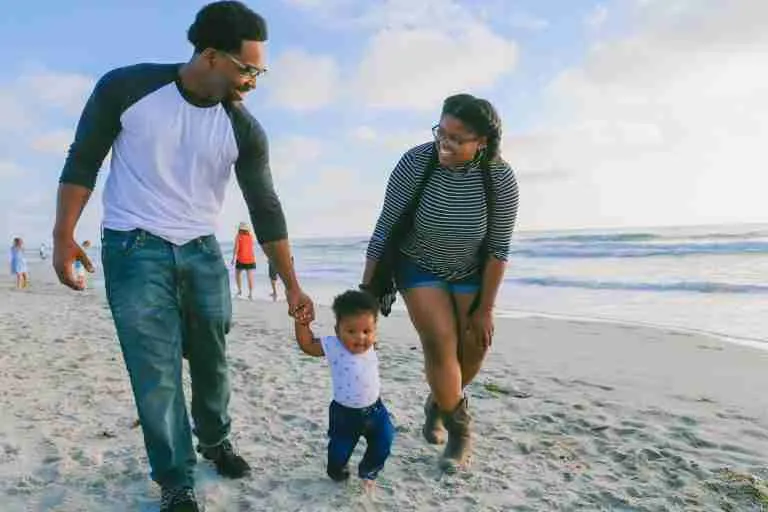
You are ignoring life and financial gravity.
When you start a career like humanitarian work, you may feel like you want to do it forever.
You work with amazing people, travel the world and are involved in worthwhile and exciting projects (some of the time).
But as life goes on, things, people and events can happen that make some of the above less appealing.
- If you find a significant other
- Having kids (the destroyer of all dreams)
- Want more time in your home country, city, town, with your family or real friends.
- Get sick of airport duty-free.
- Sleeping in horrible hotels
- Or just fancy a pivot into something else.
Whatever happens to you, at some point, an easier life will seem like a good idea.
An HQ or less remote position or that “other” career you could have had or gave up or just a chance to do something different are all going to be a bit easier if you have funds in place to help facilitate that transition.
Money to take that course, not work while you recover or look for another job, will make life a lot easier.
That’s why you save and invest for the known known things you want to do and the unknown unknown things you don’t know you want to do next.
Action: Start saving for the things you know you want to do and the things you don’t yet know you want to do.
Golden handcuffs are still handcuffs
Some aid jobs can be well compensated for hardship, security, and level/expertise of work.
So well compensated that you might well have become addicted or dependent on the money. “where else would I get paid this kind of money?”
And in exchange for this, you only need to give away 20-40 years of your life to have a great pension(!).
Great, now you have all this money when you are old, but what overall cost to your life?
Don’t get this wrong, having lots of money in your old age will be very handy.
But you only get one life; make sure you live it to the full – this is not the same as YOLO or spend all your money now, but don’t let money be a trap, too little or too much of it.
Be kind to your current and your future self.
Plan, save and invest for all stages of your life.
Action: Start saving for if and when you want to transition or pivot to a different job or career – it’s going to make the landing a lot softer if you have savings and investments.

Get your poop in a group
If you’ve worked in humanitarian aid for many years, you probably have a collection of small, medium and (fingers crossed) maybe large pots of money scattered around the world.
A French pension, a US savings account, a Tanzania tax bill to sort out, and that’s just the ones you can remember.
Each NGO you worked for has created its money minefield, complicated paper trail and financial confusion in several languages across as many time zones.
All are sapping your mental energy resulting in money avoidance – it’s too confusing to know what to do, so you have done nothing, and that seems to have made it worse (who’d have thunk it)
All you have to remember is that it’s YOUR money, do you want YOUR money?
One day you will return home- whatever or wherever that is for you, or you will be creating a new home somewhere else.
At that point (if not before), you will need to start organizing and settling your financial status – for tax, for insurance, to access services and to start using all those pots of money.
Even if they are small pots of money, every little bit helps get you closer to making work optional.
Track it down, claim it and add it to your freedom fund.
Action: It’s time to starting adulting and gather this all together.
Get your poop in a group.
- Find all the paperwork associated with current and past jobs
- Find the paperwork connected to pensions, salaries and taxes – you did keep it right!
- Contact the NGO’s if needed to track down what they have that is yours, especially pensions
- Find out what they are invested in, what conditions are associated with the savings or investments, like when you can access them if you can transfer them and if this is a good idea now or in the future.
- Stop ignoring it!! It will be like tooth ache – it’s only going to worsen if you don’t take action.
You’re failing to plan
You have possibly written no end-of-log frames and work plans for projects, but do you have anything like this for yourself?
Do you have your life planned out? What would make your life a life well lived?
No one plans to fail, but you might well stumble into a less-than-optimal outcome unless you have a plan for success.
If you don’t design your own life plan, chances are you’ll fall into someone else’s plan. And guess what they have planned for you? Not much.
Do you have dreams or ideas of what you would like to achieve in all areas of your life? Even a rough Idea?
Whether you like goal setting or are an anti-goal setter, at least a vague idea of what a good life looks like to you might help steer you towards and away from a few things.
What would good look like to you in these areas of your life?
- Physical – vibrant health and wellbeing
- Social – friends, family and love life
- Material – financial freedom
- Spiritual – purposeful living
- Mental – achieving authentic happiness.
- Emotional – feeling alive and fantastic.
Some or all of these might take time to define, design and create just as long as you aren’t waiting ro someone else to do it for you.
Think of how much planning might go into a project visit, equipment, logistics, rations, water, safety & security, accommodation, communications and on and on, all for just a day, week or month of your time.
But you don’t have anything like this for your lifetime!!!
People Overestimate What They Can Do in a Day, and Underestimate What They Can Do in a Lifetime
Summary: 8 costly financial mistakes aid workers make
You don’t know your numbers: not knowing your life costs, savings rate, and freedom number means you don’t have a clear map of making work optional. Never mind retiring to an independent, dignified and comfortable lifestyle one day.
You don’t understand your risk: Your most significant risk is running out of purchasing power. Hoarding all your money in cash is not safe – inflation is eroding your purchasing power all the time. You need to understand your long-term financial needs and invest accordingly in things that will help maintain your purchasing power.
You don’t have an emergency fund: Without cash to prevent, mitigate and repair after a financial crisis, debt is your likely endpoint. An emergency fund will help your ride out a storm (global pandemic) and help you stay out of debt.
You think that money is the route of all evil: If you believe this and don’t like money, then chances are you won’t keep much money for that long. You can earn it and use it for good or ill, but it’s just a tool – use it the best way you can to create freedom, dignity and independence in your life.
You have not kept up your financial education – when you don’t know what you are doing, you can easily make costly mistakes or take ages to get to where you want to be – maybe a financial ally would be a good idea.
You are ignoring life and financial gravity – you probably won’t want to be doing what you’re doing now forever. Thinking a few steps ahead in terms of your life and finances will help make optional or forced changes much more straightforward.
Golden handcuffs are still handcuffs – freedom from the need to work at a high or low paid job starts with savings. Savings are going to give you options to change, pivot or reset your life and career. Don’t get trapped by a lot or lack of money.
Get your poop in a group: Sort out your paperwork asap. Track, document and understand where YOUR money is. Find out how and when you can access it. Remember, it’s YOUR money that’s lying around out there; someday, you might well need it.
You’re failing to plan – for the life you really want. If you don’t, you will fall into someone else’s plan for you, and you can bet it probably won’t be that great.
If you’ve made it this far, congratulations! You’re already taking steps towards a healthier financial future. But maybe you’re feeling a bit overwhelmed. Maybe the of budgeting, saving, and investing still makes you break out in a cold sweat. Don’t worry, you’re not alone, and help is available.
At Financially Happy Money Coaching, I understand money isn’t just about numbers. It’s about emotions, behaviours, and life choices. That’s why we’re here to help you take the stress out of money and build wealth that aligns with your values and lifestyle.
Whether you’re just starting out on your financial journey or you’re looking to take your finances to the next level, we’re here to guide you every step of the way. I’ll help you understand your financial behaviours, set realistic goals, and create a personalized plan to achieve those goals.
So, why wait? Start your journey towards financial happiness today. Remember, the best time to start was yesterday. The second best time is now.
Click here to schedule your consultation and let’s make your money work for you, not vice versa. 💪💰
Remember, financial freedom isn’t a destination; it’s a journey. And every journey is easier when you have a guide. So, let’s embark on this journey together and create a financially happy future. 🚀💸
📚 Financial Freedom Resources
- The Ultimate Guide To Building Your Savings to $100,000! 📘 is a transformative book that equips readers with principles, strategies, and the mindset 🧠 needed to reach a $100,000 savings goal 💰. It’s a journey towards financial freedom 🚀, challenging beliefs 🤔, embracing new habits 🔄, and overcoming obstacles 💪.
- How to Manage Your Finances: Your Guide to Financial Freedom 📘 is a comprehensive resource packed with practical advice on budgeting 💰, investing 📈, reducing debt 💳, and building wealth 💎. It’s an essential guide for anyone, novice or experienced, aiming to take control of their financial future and achieve financial independence 🚀.
Remember, self-study is a powerful tool for life and financial transformation. Happy reading! 🎉

